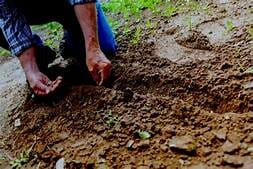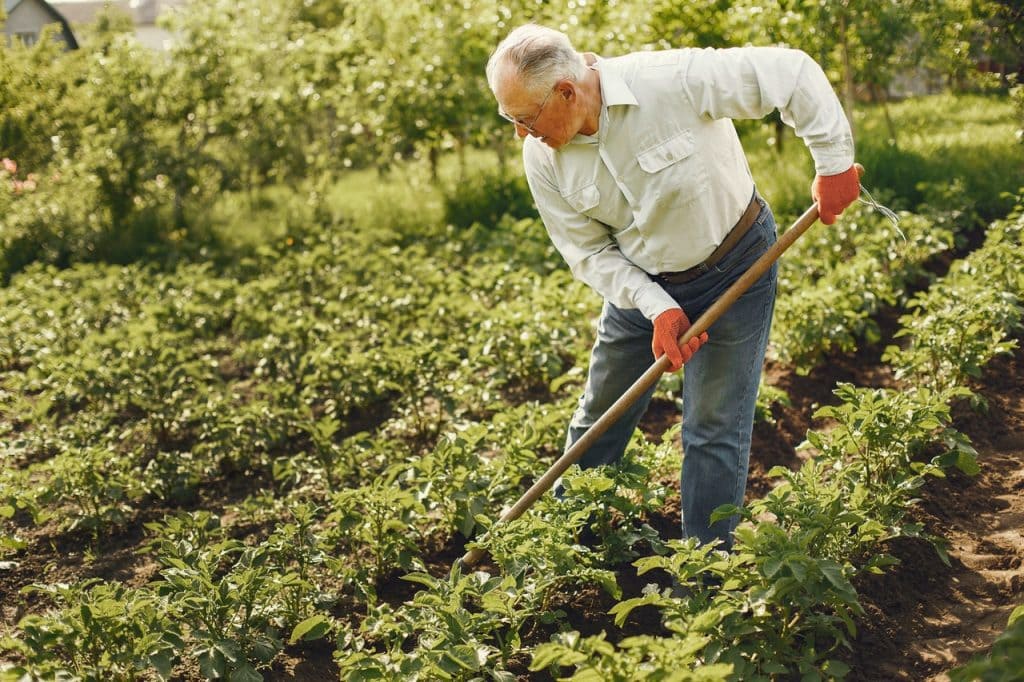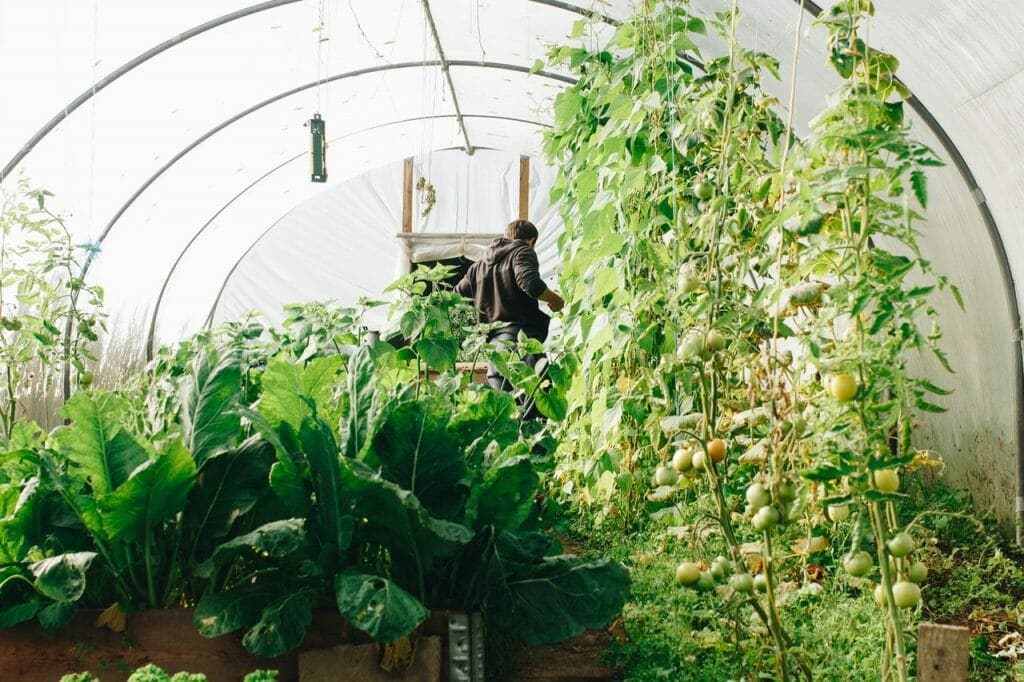Written by Jamie Lott and published on https://www.bhg.com/
Gardening can be frustrating for beginners. There are confusing instructions, indecipherable botanical names and contradictory pieces of advice, even from experts. Gardening takes a lot of learning; it takes more than putting a plant in the ground and watering it. Part of becoming a gardener is trial and error, but you can start by knowing what gardening mistakes to avoid.
Start off on the right foot by taking these tips from experienced gardeners. If you miss out on these mistakes, you’ll start off better than most gardeners. It’s easy to make mistakes. I sure did when I began gardening years ago. Here are five screw-ups I made, and how to avoid them.
The 5 Most Common Gardening Mistakes—And How to Fix Them
If your plants aren’t growing as well as you’d hoped, here are some simple things you can do to help them look their best.
The 5 Most Common Gardening Mistakes—And How to Fix ThemIf your plants aren’t growing as well as you’d hoped, here are some simple things you can do to help them look their best.
Gardening can require some trial and error. If you notice one of your plants isn’t doing well, for example, you might try replanting in a different spot, giving it a little extra water, or adding more nutrients to the soil. While you might have to try several different tactics to fix the problem, there are a few almost-universal gardening errors to avoid so you can keep your yard in top shape. Luckily, most of them are easy enough to correct; perhaps you need to adjust the way you water or switch to natural pest control methods. But if you make sure to avoid these common gardening mistakes, you’ll set your plants up for the best success possible.

1. Not Testing Soil
Soil can vary from one spot in your yard to another. If you haven’t done a soil test, you have no idea what kind of nutrients (or lack thereof) are in your soil. Without that information, you have no way of knowing what you may need to add to your soil in order for your plants to thrive. Soil can also change from one growing season to another, so it’s important to test your soil every year or two.

2. Watering the Leaves
Overhead watering isn’t the best idea. Not only do you risk wasting water as it blows in the wind, but too-wet leaves also can become a breeding ground for fungus and other disease-causing microbes. Consider a drip irrigation system or soaker hose instead. This way your plants get the moisture they need from the soil directly at the roots, where they need it most. Schedule your watering in the early morning hours before it gets too hot and evaporation speeds up.
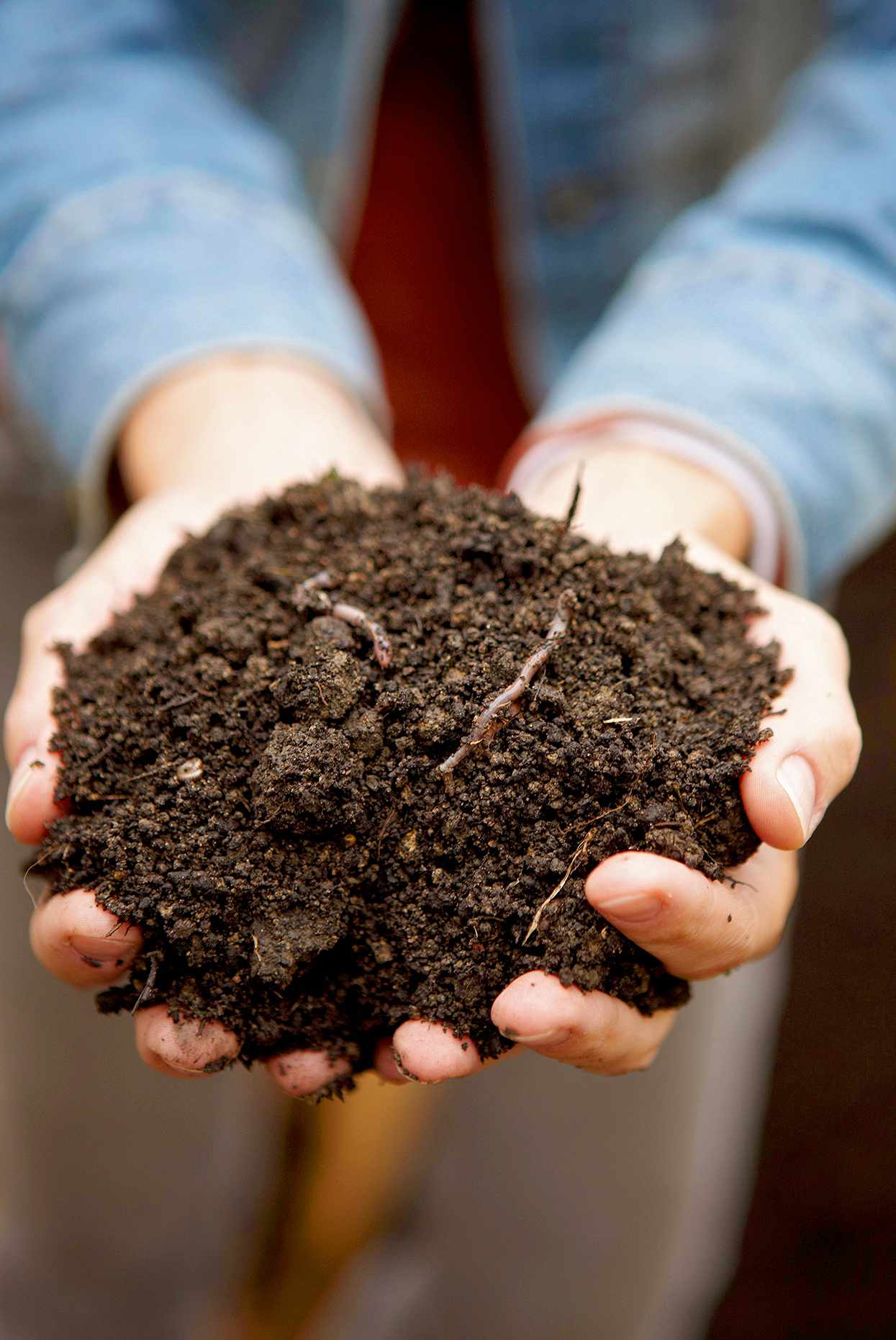
3. Not Adding Compost
Plants use up nutrients while growing. One of the best ways to replenish the supply is to add compost. This decomposed organic matter also helps your soil to hold onto moisture better, while at the same time improves its drainage. You can purchase it from garden centers or you can make your own at home; all you need is a bin to pile up your yard and kitchen waste. Then, add a 1-2 inch thick layer of compost to your garden beds in fall or spring, right on top of the soil.

4. Ignoring Pest Control
Aphids and other garden pests will make quick work of your plants. But using poisons to get rid of them isn’t the only solution. Safer options for your family and the environment include choosing pest- and disease-resistant plants, encouraging beneficial insects and birds to eat the destructive bugs, removing pests by hand, and using a strong jet of water to knock them off your plants. There are also several nontoxic sprays and traps you can try. The most important thing is to scout regularly for pests and deal with them as soon as you spot them, before the problem can get worse.
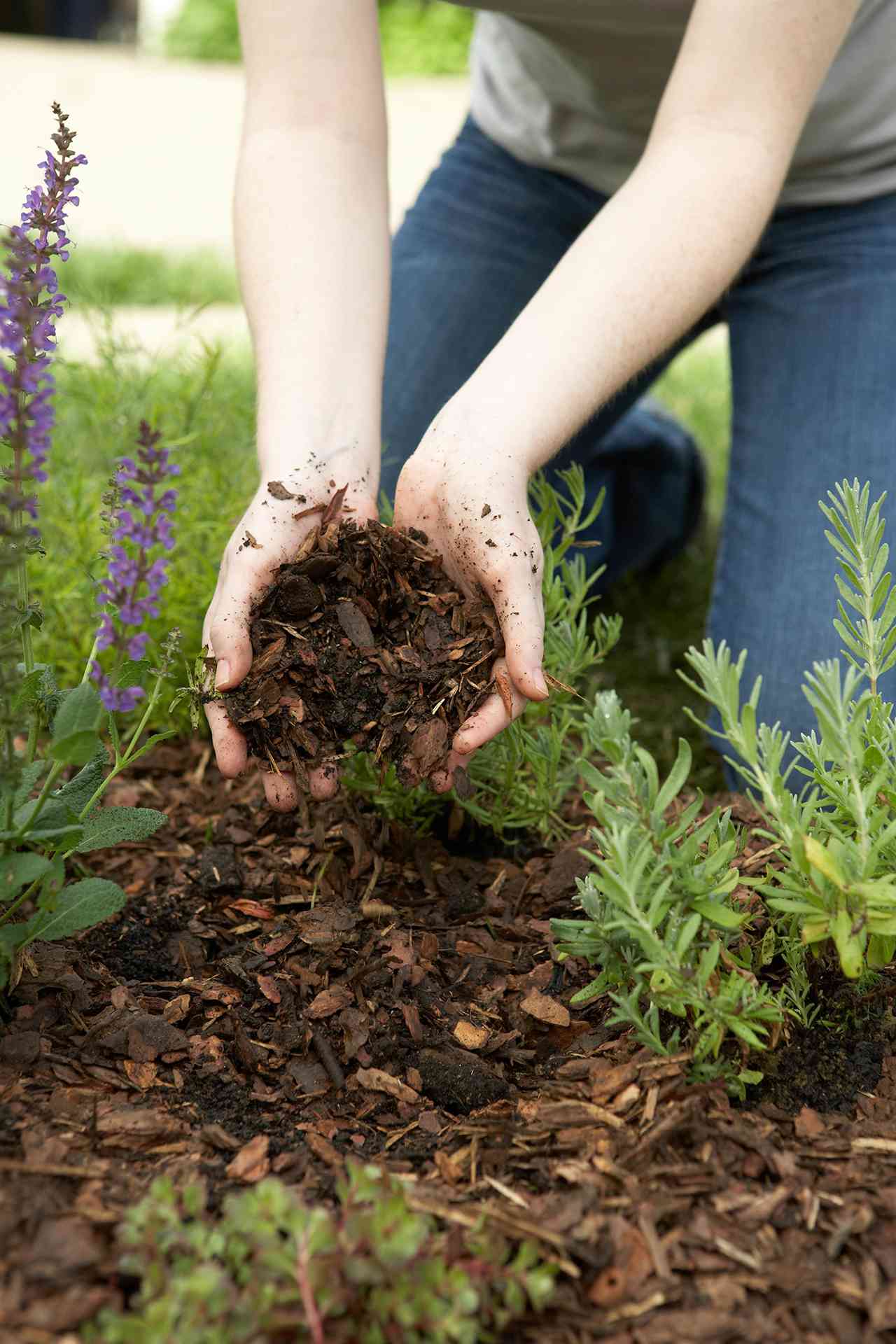
5. Not Using Mulch
Think of mulch as the insurance policy that protects all of your hard work. Similar to compost, it helps your soil retain moisture (which means using less water in your garden), and certain types of mulch also can add necessary nutrients back to your soil. A 3-inch thick layer of mulch can help prevent weeds from sprouting too, which means less work for you!
Original post here https://www.bhg.com/gardening/how-to-garden/5-gardening-mistakes-you-dont-know-youre-making/.

